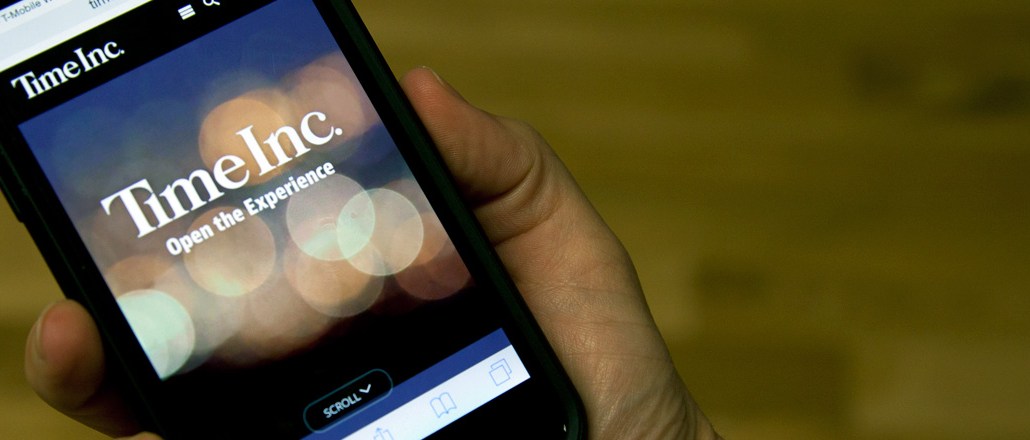
In December, Jen Wong jumped from PopSugar, where she was chief business officer, to become Time Inc.’s new president of digital.
As a legacy publisher, Time Inc. still gets 76 percent of its revenue from its print brands like Time, People and Sports Illustrated. It’s Wong’s job to get the company to do more to grow its digital business, by taking advantage of advertisers’ shift to native and mobile formats, data targeting, connected TVs and e-commerce.
She recently sat down with Digiday to discuss the hard work of speeding up the pace of change, why she thinks the gap between Time Inc. and pure-digital is narrowing and the value of being first with platforms like Facebook.
Here’s a transcript, edited and condensed:
You were brought in to accelerate the pace of change at Time Inc. What does that look like for you?
You work at an early-stage company and you make decisions by, like, noon that day. For example, we have a number of different content management systems, so within this constrained set you can pick whatever you want. We went through that process within the first 30 days and we’ll be consolidated onto two, three maximum by the fourth quarter. It’s plumbing, but it’s very, very important plumbing in today’s world.

That’s something traditional media companies haven’t been so good at.
It’s hard. We have a little ways to go in terms of getting to the bleeding edge, but the gap between us and the greenfield players — the Voxes, PopSugars — is narrowing.
Do you think Time Inc. in a year from now will be more open or cautious about distribution on platforms?
As a new platform grows and has scale, we try to be first in line and develop a relationship and test it out. Time Inc. is big and influential and matters and we should have that seat at the table in shaping what the platforms do with content partners.
Does Facebook need Time Inc.? Or do you need Facebook?
Facebook needs all the content companies. They get so much usership because they get content as well as personal info. If Facebook was all baby pictures, I don’t know that people would go there as addictively.
Publishers seem to always be trying to match what Facebook wants and can barely monetize it before the platform has made another change.
Yes, we are somewhat at the whim of the volatility of those changes, but there’s still other pieces to our business. Look at the rise of Snapchat.
Where do paywalls fit on the roadmap?
We tested a metered paywall and content-unlock paywall, where you pay to unlock the content. We’ve tested it on entertainment and news and that’s done pretty well, on major features. All of our brands have real marquee franchises, but particularly in news, you get that sense of urgency. and that was more interesting. So we’ve kept that on a handful of sites.
How do you balance the needs of ad-blocking millennials with the advertisers’?
We’re very sensitive to the impact certain ads have on time on site and exit rates. One reason we like native content is that it’s a better format in terms of engagement. It’s not intrusive as standard display ads. And it’s a good mobile ad solution.
But why do you think ad blocking is on the rise?
Supposedly it is because of the high-impact disruption, intrusion. But you know, I think it’s a little bit of a game of whack-a-mole. Somebody just wants to do it, they just want to do it.
More in Media

In Graphic Detail: The scale of the challenge facing publishers, politicians eager to damage Google’s adland dominance
Last year was a blowout ad revenue year for Google, despite challenges from several quarters.

Why Walmart is basically a tech company now
The retail giant joined the Nasdaq exchange, also home to technology companies like Amazon, in December.

The Athletic invests in live blogs, video to insulate sports coverage from AI scraping
As the Super Bowl and Winter Olympics collide, The Athletic is leaning into live blogs and video to keeps fans locked in, and AI bots at bay.





